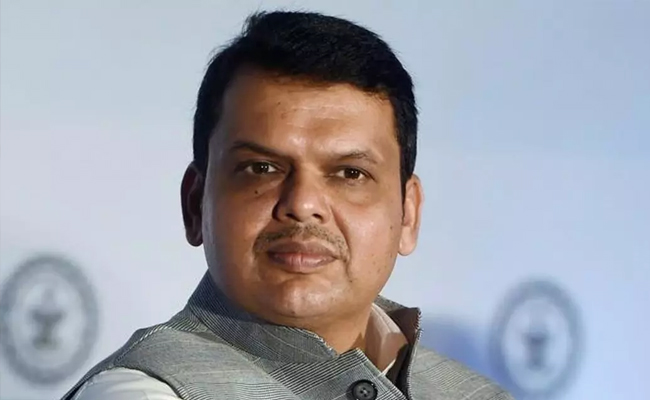
Senior BJP leader Devendra Fadnavis has announced his intention to resign from his position as Maharashtra’s Deputy Chief Minister following the party’s disappointing performance in the recent Lok Sabha election in the state. Fadnavis took responsibility for the electoral setback and urged the party’s top leadership to relieve him of his ministerial duties.
The BJP, which had previously enjoyed significant success in Maharashtra, faced challenges in this election cycle, particularly regarding issues affecting farmers and concerns raised by certain voter groups. Fadnavis highlighted the impact of these factors, including opposition parties’ allegations of potential changes to the Constitution under BJP rule.
Fadnavis attributed part of the BJP’s electoral challenges to the influence of Muslim voters and the Maratha movement. He acknowledged that these factors, along with others, had contributed to the party’s reduced performance compared to previous elections.
In the 2019 Lok Sabha polls, the BJP, in alliance with the Shiv Sena, had won 23 out of 25 seats in Maharashtra. However, this time, the party, along with its allies including splinter units of the Sena and NCP, managed to secure only nine seats. This decline in performance underscored the complexities of coalition politics in the state.
The Maha Vikas Aghadi alliance, comprising the Shiv Sena, NCP, and Congress, emerged as a formidable force, winning a significant number of seats and narrowing the BJP’s lead. This shift in political dynamics has implications for the BJP’s strategy and reliance on its alliance partners going forward.
The BJP’s performance in other states, notably Uttar Pradesh and West Bengal, also contributed to its overall challenges in the Lok Sabha election. Despite these setbacks, Prime Minister Narendra Modi’s party remains a dominant force nationally, although it now faces the task of recalibrating its political strategies in key states like Maharashtra.
Fadnavis’ offer to resign reflects a sense of accountability within the BJP leadership and signals potential changes in the party’s approach as it navigates post-election dynamics in Maharashtra and at the national level.
Sources By Agencies




